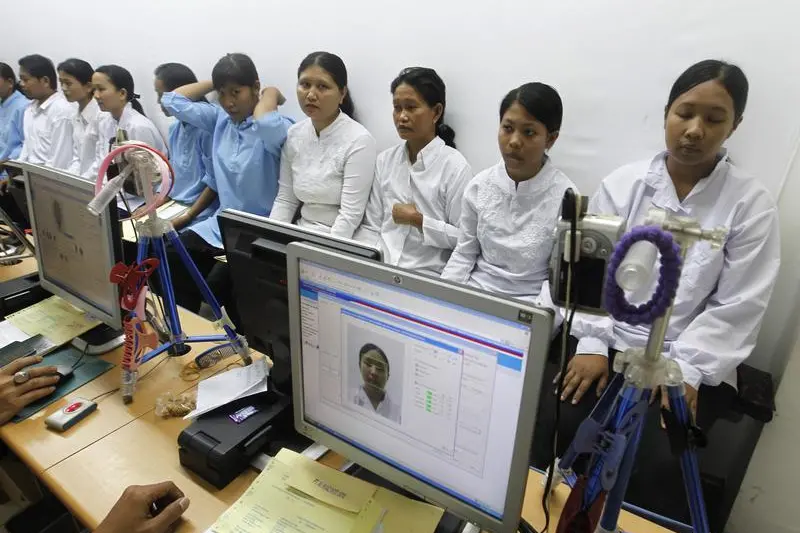PHOTO
Sunday, May 28, 2017
Abu Dhabi: The Federal National Council will debate on Wednesday a new draft law providing domestic workers essential working conditions such as having a regular weekly day off, 30 days of annual paid leave, and the right to retain personal documents including passport, ID card and work permit.
The new bill, which must be passed by the Federal National Council (FNC) and signed into law by President His Highness Shaikh Khalifa Bin Zayed Al Nahyan, also provides for a daily rest of at least 12 hours — including at least eight consecutive hours.
In a bid to ensure decent working and living conditions for domestic workers, who outnumber family members in nearly a quarter of Emirati families, changes outlined in a new draft law that seeks to amend a law passed by the Federal National Council in 2012, seeks to regulate the domestic worker industry in line with international standards.
Azza Sulaiman, chairwoman of the FNC Human Resources Committee, said the new proposals align the UAE’s laws with the International Labour Organisation’s Convention 189 and Recommendation 201 on Decent Work for Domestic Workers.
The rules, which have been approved by the UAE Cabinet, must now be passed by the Federal National Council and signed into law by President His Highness Shaikh Khalifa Bin Zayed Al Nahyan.
According to the draft law, domestic workers must be extended rights to equality and non-discrimination based on race, colour, sex, religion, political opinion or national or social sect.
The rules also extend safeguards to domestic workers against physical and verbal sexual abuse, human trafficking and forced labour in keeping with UAE’s laws and international conventions ratified by the country.
There are around 750,000 domestic workers in the UAE, making up nearly 20 per cent of the expatriate workforce, according to official statistics. As many as 65 per cent of them are based in Abu Dhabi, Dubai and Sharjah. They outnumber family members in 22 per cent of Emirati families.
The law promotes decent work conditions for domestic workers, including social protection and access to specialised tribunals at the Ministry of Human Resources and Emiratisation and courts. It sets 18 years as a minimum age for a domestic worker, which is consistent with international rules on elimination of child labour.
Placement agencies have to ensure that domestic workers are informed of terms and conditions of their employment such as the nature of work, the workplace, the remuneration and the period of daily and weekly rest as set out by the executive regulations before they have crossed their national borders.
New centres called Tadbeer will replace domestic worker recruitment agencies by the end of the year, Saqr Gobash Saeed Gobash, Minister of Human Resources and Emiratisation, said in March.
Gobash said this decision was taken as the services provided by current recruitment agencies often do not meet the needs of both the domestic worker and the employer.
Tadbeer centres will guarantee proper visa, orientation and training for the workers, the minister said.
Private companies are being invited to submit proposals to operate the centres, whose services will be mandated and regulated by the ministry.
Gobash warned current recruitment centres to improve their services to the ministry’s desired standards, failing which it would be hard for them to stay in business.
By Samir Salama Associate Editor
Gulf News 2017. All rights reserved.





















